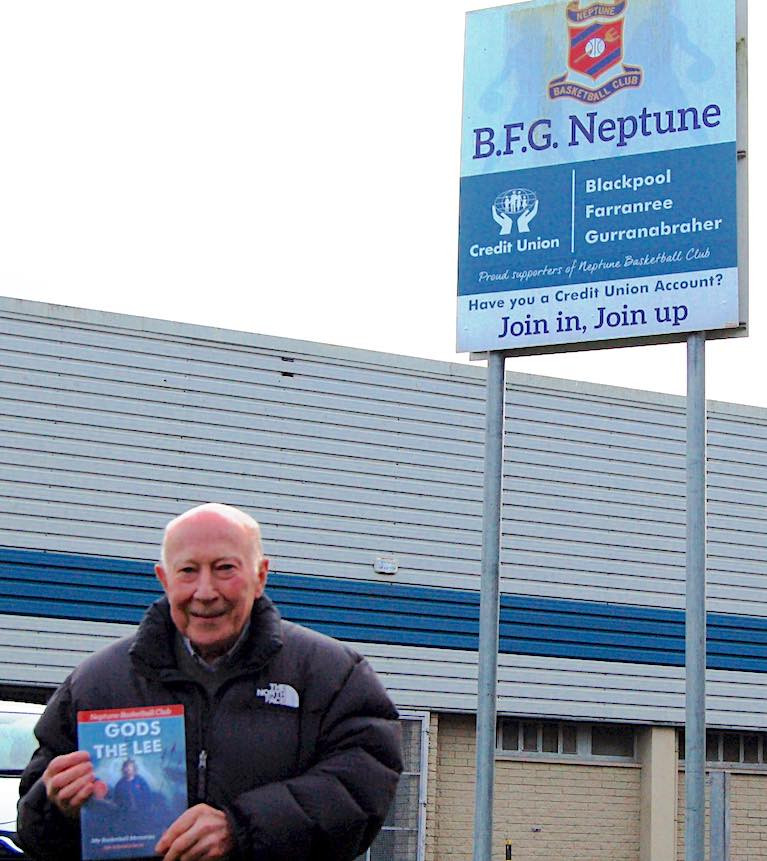Displaying items by tag: Naval Reserve
Linking Mariners, Naval Forces & Sport in Cork Harbour
Coincidence is amazing, even if it's hard to believe. This week I'm inclined to credibility after Foreign Affairs, and Defence Minister Simon Coveney espoused the importance of the Naval Reserve when announcing the Government decision to establish a Commission "to ensure that the Defence Forces are fit for purpose" and then hearing that the same Reserve had used the 'god of the sea' - Neptune - for a purpose never thought of in the maritime world – to please the American Navy and bring the game of basketball to Ireland!
Minister Coveney, himself a Cork Harbour man, emphasised the importance of the Reserve, which was formerly known as the Slua Muiri and had its own yacht, the Nancy Bet.
 Nancy Bet in 1987
Nancy Bet in 1987
I had just met another Corkman for my Maritime Ireland radio show, who told me that the Navy and the Slua had been used by the Irish government after the end of the Second World War to ease anti-Irish sentiment over Ireland's neutrality in that conflict, when the American Navy visited Cork Harbour.
 A Slua Muiri photo at a Training Camp in Fort Camden
A Slua Muiri photo at a Training Camp in Fort Camden
"Recreational exchange with the visitors was arranged through their favourite game, basketball and the Navy was instructed to make sure it happened and to develop public interest. The Maritime Inscription of the time, then the Slua, was handed the task and they invoked the 'god of the sea' – Neptune – to make it all happen," said another Corkman, Jim O'Donoghue, who showed me the cover of the new history he has written of what became Ireland's leading basketball club, which shows Neptune in a pose no mariner would have expected – holding his trident in one hand and a basketball in the other.
It is a fascinating story and for those who would like to read more the book, 'Gods of the Lee,' is available at, Vibes & Scribes, Bandon and Carrigaline Book Stores and Amazon.
 Nancy Bet in Crosshaven Boatyard
Nancy Bet in Crosshaven Boatyard
Listen to the Podcast below, a preview specially for Afloat readers, linking mariners, Naval forces and sport and leading me to make further checks about the Slua Muiri vessel, Nancy Bet, which was at Crosshaven Boatyard for many years before being removed to Arklow where I understand she now is. More about that anon.
Those participating are asked to assemble at the Hibernia Inn (near Bray Dart Station) from 13.00 hours. At 14.00 hours, an anchor shaped wreath will lead the procession of wreaths to the north Bray pier-head where a memorial service will be held, at which representatives of those in attendance will be invited to speak.
This will be followed by one minute's silence after which, those accompanying the wreaths will embark on the flotilla to a position approximately five-cables due east of Bray Harbour.
Anyone who would like to assist in the preparations and to remember those who have been lost are invited to attend. For further information, contact Tony O'Grady, Captain, (retired) on behalf of "Mariners with Memories" on Tel: (01) 276 0575 Mob: 087 245 4071 Email: [email protected] in addition to this LINK.

























































